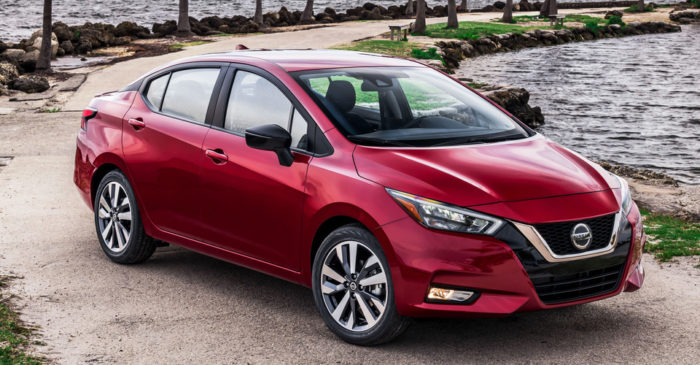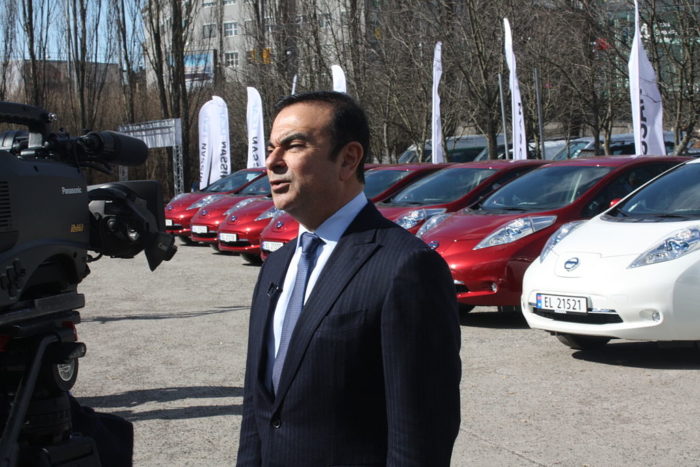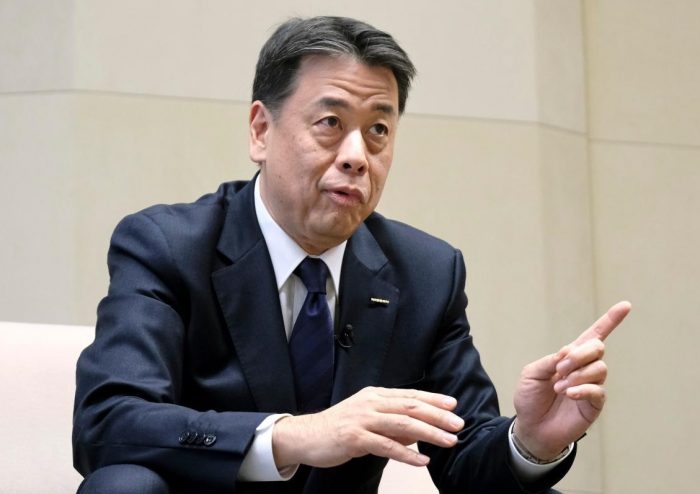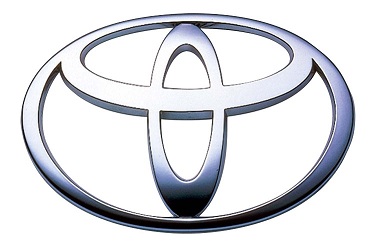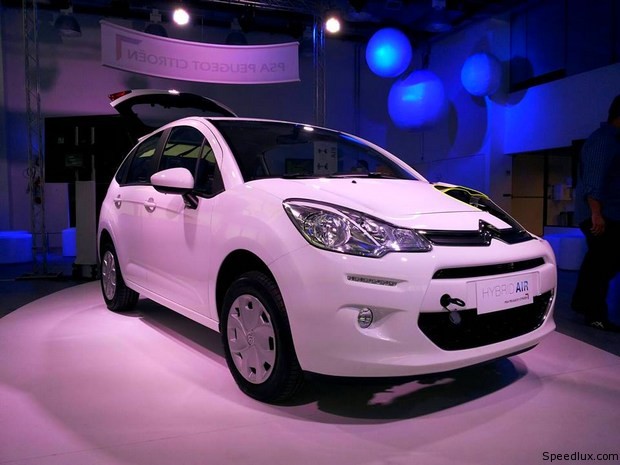Now Reading: A year after arrest, Ghosn seeks trial date, access to evidence
-
01
A year after arrest, Ghosn seeks trial date, access to evidence
A year after arrest, Ghosn seeks trial date, access to evidence
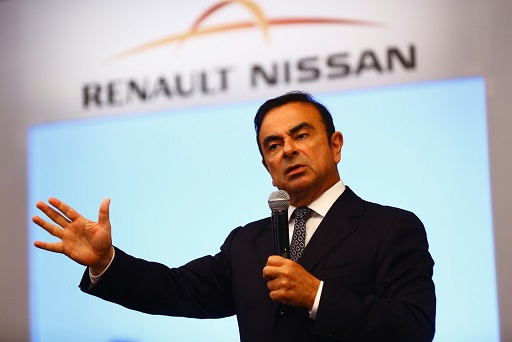
A year after his arrest, Nissan ex-Chairman Carlos Ghosn is still stuck in Tokyo under stringent bail conditions and with no trial date as he seeks access to a trove of Nissan emails and other proofs to fight charges of financial misbehavior.
His lawyers have asked a court to provide access to 6,000 pieces of evidence gathered from Nissan Motor such as electronic communications, which they say is important for a fair trial, revealed an October 4 court filing observed by Reuters.
The former Nissan CEO has spent 129 days in detention since his arrest right after his private jet touched down at a Tokyo airport on November 19, 2018. He faces four charges – which he rejects – including hiding income and enriching himself from payments made to dealerships in the Middle East.
Nissan sacked Ghosn, stating its internal investigations disclosed misconduct ranging from understating his salary when he was the CEO of the automaker and transferring $5 million of Nissan funds to an account where he had an interest.
A previous court ruling permitted prosecutors to hand back evidence to Nissan during pretrial wrangling over witnesses and evidence the same as the U. S. discovery process.
If prosecutors are “provided the freedom to unilaterally delete the collected evidence and return it to relevant parties, this is the same as to granting the investigative agencies the right to destroy evidence,” showed the filing to the Tokyo District Court.
The lawyers also asked the court to rescind the previous ruling, saying some evidence could be erased by the automaker to protect confidential business information.
They argued the “ruling deprives Mr. Ghosn of his right to get a fair public trial by an impartial court”, as it allowed prosecutors to view and use the proof and withhold it from the defense.
There is no need for prosecutors to hand over all evidence they or the police gather during investigations unless asked by the court, unlike in the U.S. discovery process where prosecutors and defense lawyers reveal the evidence they would present in court.
A spokeswoman for the Tokyo prosecutors’ office stated the office could not discuss individual cases. A Nissan spokeswoman refused to discuss.
Ghosn’s lawyers have also asked the court to turn down all charges against Ghosn, accusing prosecutors of colluding with government authorities and Nissan executives to oust him to block any takeover of the automaker by French alliance partner Renault SA.
Ghosn was an executive of Renault SA as well.
“Tokyo prosecutors have frequently and systematically denied Mr. Ghosn fundamental rights of due process and turned the presumption of innocence on its head,” Ghosn’s legal team stated to mark the anniversary of his arrest.
Defense team of four attorneys in Japan led by Junichiro Hironaka, referred to as the Razor, Ghosn hired nine other lawyers in Europe and the United States to help get ready for a trial they estimate may not start until April at the soonest.
In Japan, suspects who reject charges brought against them are often detained for prolonged periods and subject to intense questioning without a lawyer present, a system some observers have slammed as “hostage justice”.
Japan’s prosecutors have frequently rejected such criticism, saying Ghosn has been treated well and in accordance with the existing law.
Stay Informed With the Latest & Most Important News
Previous Post
Next Post
-
 01Polestar Boss Says It’s Time To Outrun BMW M And Mercedes-AMG
01Polestar Boss Says It’s Time To Outrun BMW M And Mercedes-AMG -
 02Spy Shots: 2027 Mitsubishi Pajero Spotted in Testing Ahead of Possible U.S. Return
02Spy Shots: 2027 Mitsubishi Pajero Spotted in Testing Ahead of Possible U.S. Return -
 032026 Toyota Hilux EV: A Powerful Truck with Silent Torque
032026 Toyota Hilux EV: A Powerful Truck with Silent Torque -
 04Spy Photos: VW ID. Polo GTI Goes Electric with 223 HP and 280 Miles of Range
04Spy Photos: VW ID. Polo GTI Goes Electric with 223 HP and 280 Miles of Range -
![2027 Mercedes-Benz S-Class Debuts with V8 Engine [Photo Gallery]](https://speedlux.com/wp-content/uploads/2026/01/2027-Mercedes-Benz-S-Class-33-155x125.jpg) 052027 Mercedes-Benz S-Class Debuts with V8 Engine [Photo Gallery]
052027 Mercedes-Benz S-Class Debuts with V8 Engine [Photo Gallery] -
 06Hyundai Palisade’s Breakout Year Shows How Quickly the Market Can Turn
06Hyundai Palisade’s Breakout Year Shows How Quickly the Market Can Turn -
 07The Controversial Ford Voodoo V8 That Was Killed Off Too Early
07The Controversial Ford Voodoo V8 That Was Killed Off Too Early



![2027 Mercedes-Benz S-Class Debuts with V8 Engine [Photo Gallery]](https://speedlux.com/wp-content/uploads/2026/01/2027-Mercedes-Benz-S-Class-33-700x394.jpg)




































